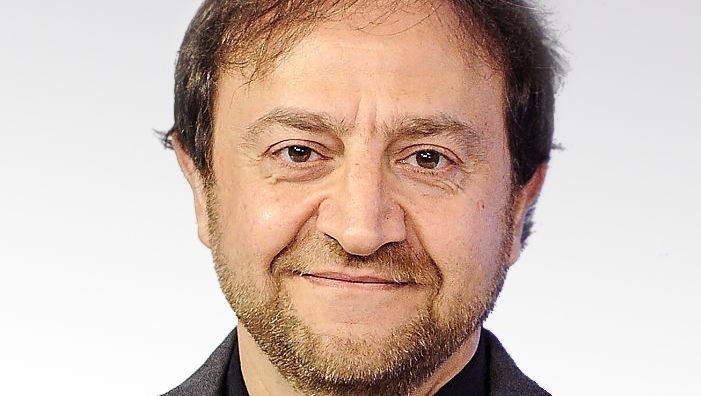Marqeta’s new CEO Simon Khalaf envisions the company that grew up focused on providing virtual cards to corporate clients now adding new embedded payments services.
Khalaf, who assumed the top job Tuesday, laid out the Oakland, California-based company’s strategy in an interview last week, saying he’s moving in the same direction founder Jason Gardner set out. Khalaf has had experience with the management team since joining seven months ago as chief product officer.
He is focused on scaling the business with new services and across borders despite any looming recessionary threats. As companies tighten their budgets in any economic downturn, Marqeta can offer embedded services that will help its corporate clients increase revenue, Khalaf said.
“Embedded finance is very powerful because it gives companies extra revenue,” he said. It does so by offering clients the option to take a slice of the interchange fees that accompany transactions, he explained. “A lot of companies do not know that they can generate a new revenue stream from financial services.”
Marqeta moved beyond virtual card services to add banking services last year, and this year it plans to continue growing with new embedded finance services such as on-demand pay, almost like a new-age credit union, the new CEO explained.
Marqeta is also planning to make more financial services available through retail, creator and gaming marketplaces to sellers that want access to their sales income sooner, given it provides their working capital. “There’s a lot of money going in and out of the marketplaces,” Khalaf said.
Marqeta has also been beefing up its services for spend management clients such as Ramp since 2021, giving them the option to provide more embedded finance services to their clients.
Also driving the company’s growth will be Marqeta’s acquisition of Power Finance, a $275 million purchase announced Monday that is the company’s first acquisition. Khalaf sees such acquisitions as a “tactical” means to build up the company’s services. In the case of Power Finance, it’s adding a credit card program management system to offer Marqeta customers.
Marqeta is also counting on expanding its global reach, Khalaf said. The company already operates in 40 countries, mainly in North America and Europe.
As for hiring, Khalaf said the company has been smart about not hiring beyond its growth potential so it has no plans at this point to make employee cuts, as some fintech peers have. Marqeta currently has about 950 workers.
Still, the current economy is a challenge, he said. If the economy heads south fast, “there’s not much we can do about it — we will adjust accordingly,” Khalaf said. “The unpredictability of the overall macroeconomic situation is a concern.”
Retaining its largest customer, the big fintech Block, is also key for Marqeta, and analysts are watching for whether there is a renewal of current contracts with that client.
“The remaining overhang on Marqeta’s stock are the pending contract renewals with Marqeta’s largest customer,” UBS analysts wrote in a note to their investor clients last week. “Block’s Cash App and Square Card contracts with Marqeta are set to expire in March & December 2024, respectively,” the UBS note said.
While Khalaf is cultivating new business, he’ll have to keep an eye on his current customers, too.



